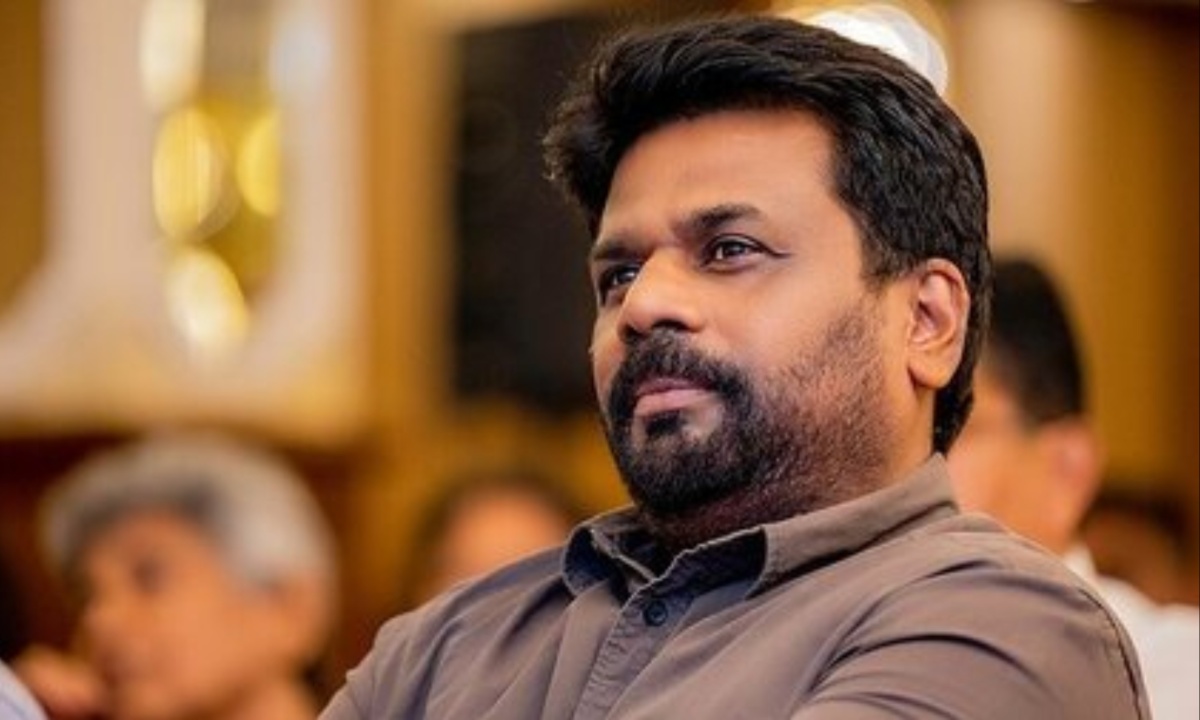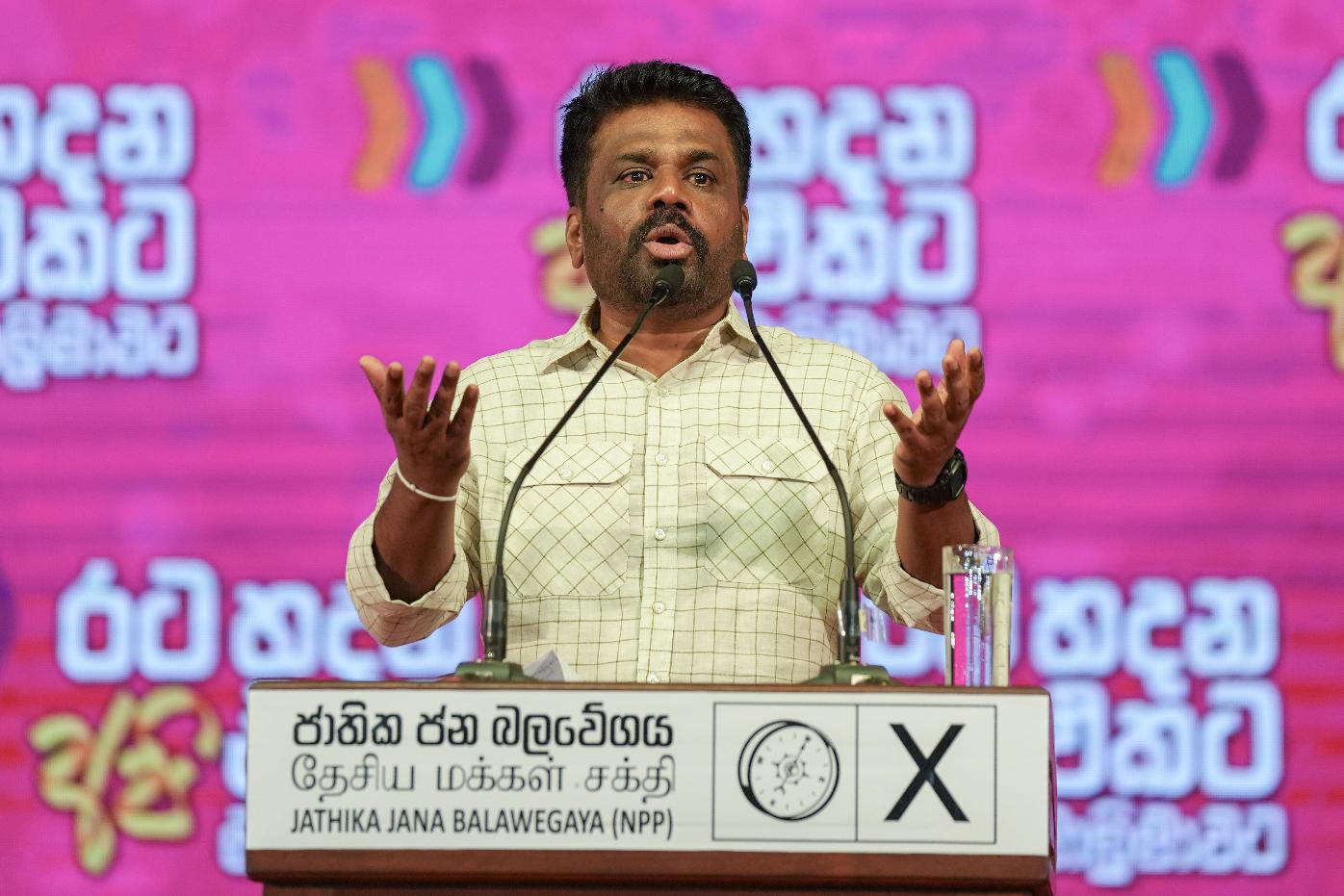Sri Lankan President Anura Kumara Dissanayake’s National People’s Power (NPP) coalition has secured a sweeping victory in snap parliamentary elections, reshaping the country’s political direction. The leftist coalition won 141 out of 225 parliamentary seats, capturing 62% of the vote and leading in 21 of 22 electoral districts.
This overwhelming win leaves the main opposition, Samagi Jana Balawegaya (SJB), with only 35 seats, while smaller parties like the Ilankai Tamil Arasu Kachchi and New Democratic Front received limited representation. The results highlight strong public support for Dissanayake’s policies, coming just two months after his success in the presidential elections.
The election result underscores public rejection of the austerity measures implemented by Dissanayake’s predecessor, Ranil Wickremesinghe, as part of an International Monetary Fund (IMF) bailout. Although these policies helped stabilize the economy during a severe financial crisis, they burdened the population with tax increases and higher utility costs.
Dissanayake’s campaign resonated with voters by emphasizing relief for the poor, combating corruption, and pursuing alternative approaches to fiscal recovery that prioritize fairness and social welfare.

Sri Lanka’s NPP Coalition Secures Landmark Parliamentary Victory, Paving Way for Economic Reforms
Dissanayake described the election as a pivotal moment for Sri Lanka, marking a departure from the political and economic practices of the past. His coalition’s transformation, from holding just three seats in the previous parliament to now dominating the legislature, reflects the public’s appetite for change. The president’s focus on alleviating economic hardships and promoting a more inclusive approach to governance has resonated with a population weary of economic mismanagement and political stagnation.
The challenges ahead for the new administration are significant. Sri Lanka is still recovering from its worst economic crisis since independence in 1948, exacerbated by years of poor governance, the COVID-19 pandemic, and the 2019 Easter bombings.
Public anger over inflation, shortages, and declining living standards forced former President Gotabaya Rajapaksa to resign in 2022. Dissanayake’s promises to amend the terms of the IMF agreement and prioritize the needs of struggling citizens represent a shift toward a more balanced approach to economic recovery.
This election demonstrates a call for major reforms and a break from the status quo. With his newfound mandate, Dissanayake faces the challenge of turning public expectations into actionable policies. His leadership will be judged on his ability to address systemic corruption, stabilize the economy, and foster trust in government institutions, offering hope to a nation eager for meaningful change and sustainable development.











































